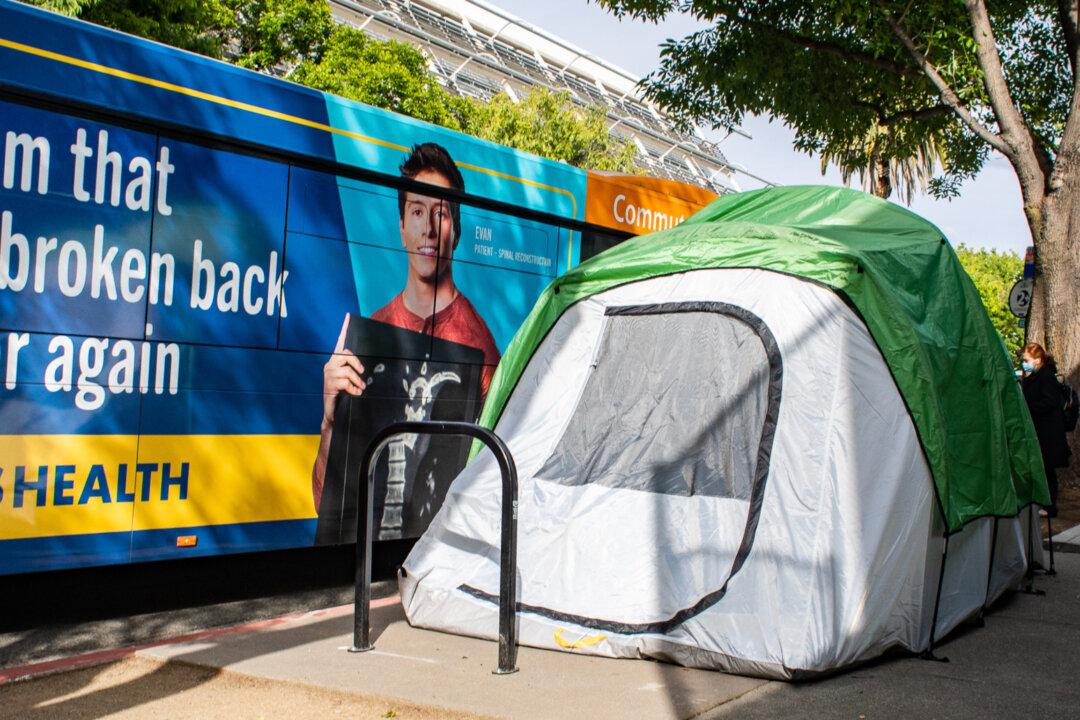Homeless people could be banned from camping during the daytime in California’s capital city if the city council approves such a plan early next year.
The proposal would also give homeless people access to storage for their belongings.

Homeless people could be banned from camping during the daytime in California’s capital city if the city council approves such a plan early next year.
The proposal would also give homeless people access to storage for their belongings.